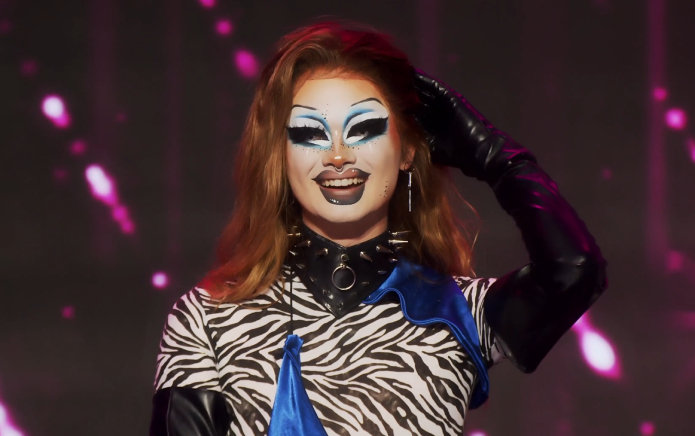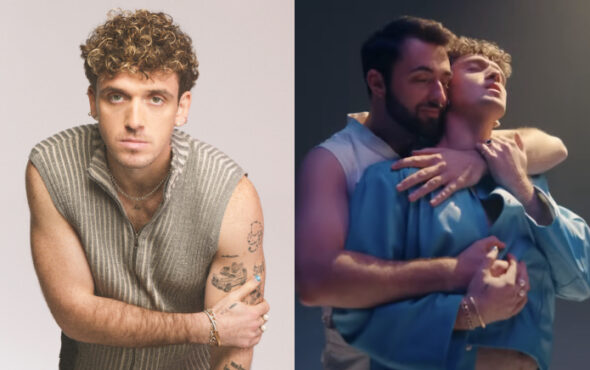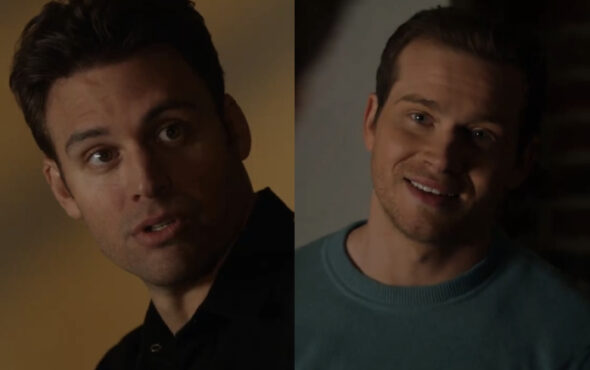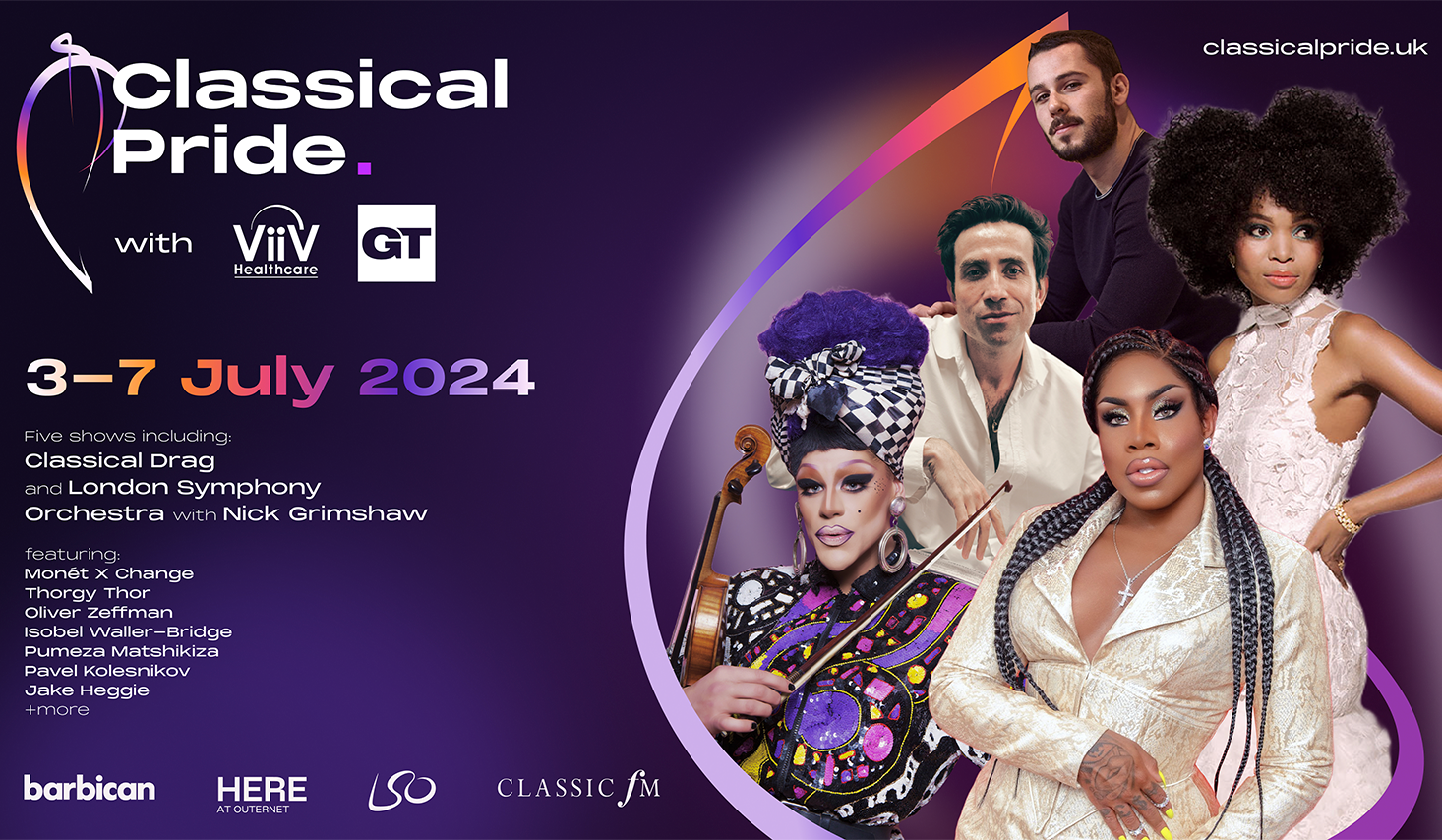
Have you heard of Caroline Shaw? What about Leonard Bernstein or Tchaikovsky? These are just some of the LGBTQIA+ performers and composers on the classical music scene, both now and historically. Classical Pride, back for its second year, is the first of its kind celebration of the best LGBTQIA+ talent and artistry across classical music.
“Classical Pride last year was the very first time that any major orchestra or any major concert hall anywhere in Europe had celebrated Pride, which just seemed so long overdue,” Oliver Zeffman, Founder and Artistic Director, tells GAY TIMES. “Tchaikovsky, for example, was writing music nearly 200 years ago – a long time before Kim Petras or Troye Sivan. This is queer music too and we should be not just acknowledging this, but celebrating it.”
The opportunity to champion the rich and expansive history of queer classical music was a driving force in expanding the event to be a five-day festival extravaganza. In partnership with ViiV Healthcare and GAY TIMES, Classical Pride will take place from 3 to 7 July 2024.
The festival will kick-off with a brand new event, Classical Drag (3 July), which will take place at HERE at Outernet. Zeffman says: “Classical music, particularly opera, shares a lot of the DNA of drag today – the campness of it all, the entertainment and it’s an obvious and authentic way of showing that what is now a very important part of queer culture has many links to classical music.”
Zeffman will be joined by a truly gag-worthy line-up of talent such as Barbs, Snow White Trash, Beau Jangles, Freddie Love and Drag Race UK alum Vinegar Strokes.
Judges and special guests include soprano Pumeza Matshikiza, star operatic tenor Nicky Spence, London legend Jonny Woo and Drag Race All Stars contestants Monét X Change and Thorgy Thor. For tickets and more information on Classical Drag, visit this link.
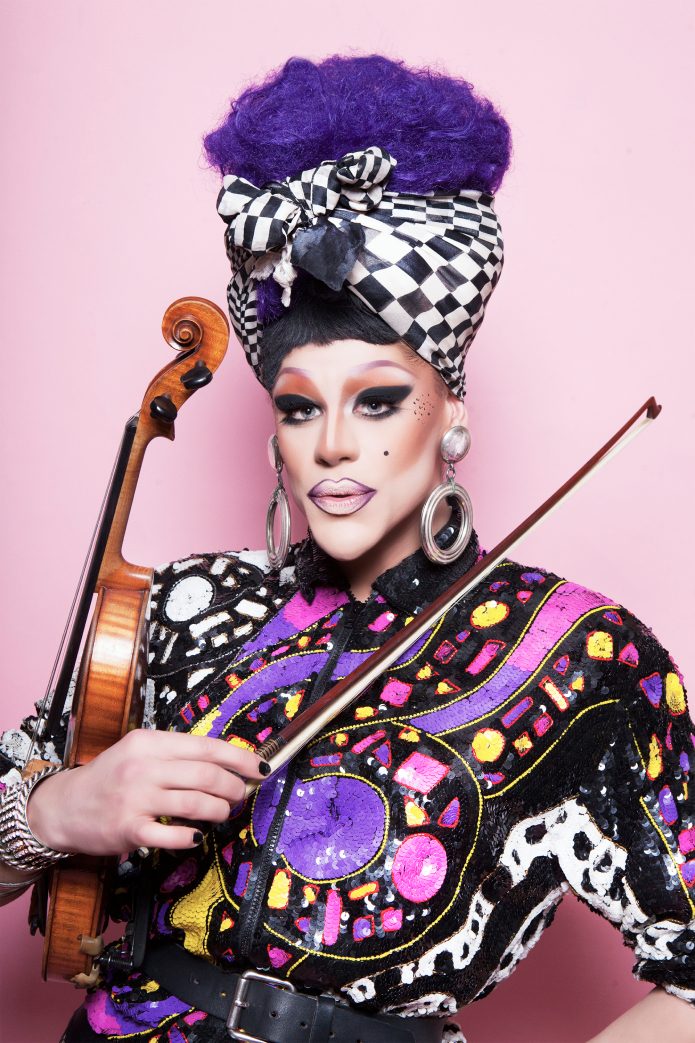
Thorgy Thor has been slaying the stage with her Thorchestra show globally since 2018. Combining her queerness with her skill as a classically trained violinist “only made sense”, she tells GAY TIMES: “To combine two completely different aspects of my life into one show humbles me and excites me.”
Representation has and always will be important in the LGBTQIA+ community. This is especially so for queer youth who may be struggling with their own LGBTQIA+ identity; having the opportunity to see visible role models in the mainstream media can provide a source of inspiration and security to lean into their own authentic selves.
“I receive so many emails and messages from queer kids that feel as if they cannot be themselves in such a traditional space,” Thorgy shares. “I always tell them ‘it took me a long time to convince the orchestral world that there is room for colour and drag energy!’ Despite some opposition over the years, I did what I wanted. I stayed true to myself and continued to be the unapologetic and unrelenting queer artist I am!”
The Drag Race star stresses that visibility is one of the key objectives of Classical Pride: “My hope is that the drag lovers come back to see the symphony when I’m not there and the symphony lovers to fall in love with drag ridiculousness!”
You only have to take a small dive into the history of classical music, and the depth of LGBTQIA+ representation is evident. “Let us also not forget that many, many of the classical composers that we study to this day are queer!” says Thorgy. “The list goes on: [Franz] Schubert, [Frédéric] Chopin, [Samuel] Barber, [Aaron] Copland, [Camille] Saint-Saëns! Queer classical music has been here since the beginning and has never gone away. I think what we can do with our time here on earth is push the boundaries even further one wig at a time.”
Much like the wonderful eclectic people that make up the LGBTQIA+ community, Pride comes in many different forms. Zeffman highlights that while Pride “traditionally tends to be about party and pop (and I love partying and pop),” the aim of Classical Pride is to showcase the “broader spectrum” of Pride: “There are LGBTQ+ people that are interested in all kinds of cultures and it felt important that we also celebrated Pride in classical music.”
This year’s festivities culminate with a major orchestral concert from the London Symphony Orchestra, conducted by Zeffman, featuring a new commission from leading US composer Jake Heggie, in addition to expanding to “a whole range of composers and styles across four other concerts where we can show off all kinds of classical music.”
On Friday 5 July, My Beloved Man will showcase London’s LGBTQIA+ The Fourth Choir, conducted by Nicholas Chalmers. Hosted at Milton Court, the performance will chronicle the 39-year relationship between Benjamin Britten and Peter Pears. Formed in 2013, the choir will have a program that includes texts read by Petroc Trelawny and music by Britten’s contemporaries Imogen Holst and Michael Tippett. (Tickets for My Beloved Man are on sale now, link here.)
The performance will also feature the world premiere of a new commission by Isobel Waller-Bridge (Fleabag), accompanied by a carefully crafted text written by a refugee relocated by one of Classical Pride’s charity partners, Rainbow Railroad.
The weekend festivities start with A Proud Future at St Giles, Cripplegate, situated in the mediaeval parish church at the heart of the Barbican centre. LGBTQIA+ students from the Royal Academy of Music, Royal College of Music, Guildhall School of Music & Drama and Trinity Laban Conservatoire of Music and Dance will perform a series of deeply personal concerts of LGBTQIA+ music – soon to be announced.
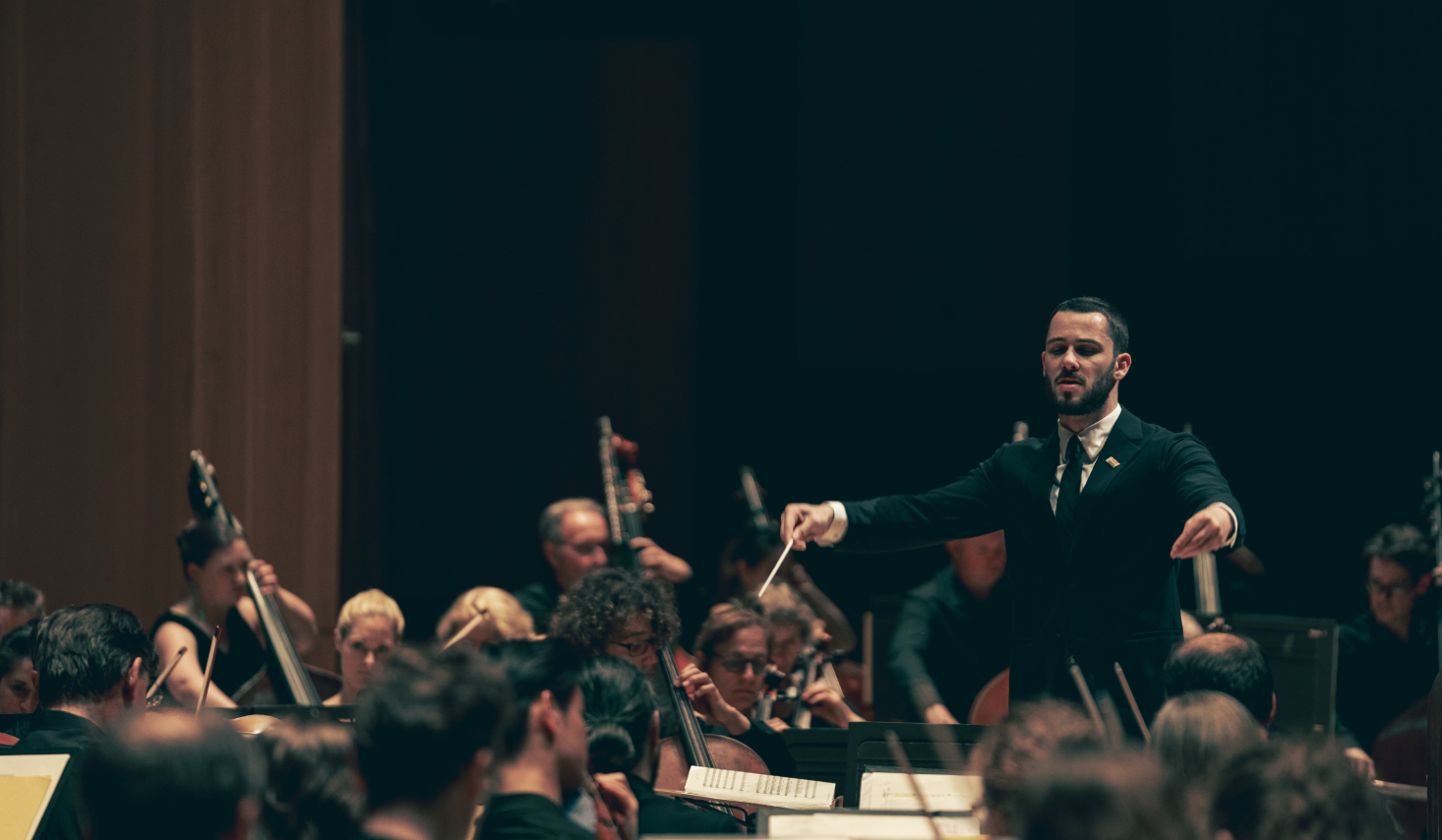
The finale of the Classical Pride festival starts with a free performance of Julius Eastman’s Gay Guerilla in the foyer of the Barbican. The Julius Eastman Ensemble, brought together by Stephen Upshaw, will perform an arrangement of the piece by US composer Jessie Montgomery.
Gay Guerilla has been described as an improvisatory, minimalist take on Martin Luther’s 16th-century hymn ‘A Mighty Fortress Is Our God’, reimagined as a manifesto about being a gay, Black man. Eastman says: “What I am trying to achieve is to be what I am to the fullest – Black to the fullest, a musician to the fullest, and a homosexual to the fullest. It is important that I learn how to be, by that I mean accept everything about me.”
The climax of the 2024 festival will also see the London Symphony Orchestra, conducted by Zeffman, perform a rich body of work from a variety of LGBTQIA+ composers past and present. It will be hosted by Nick Grimshaw, who will be joined by soloists Pavel Kolesnikov, Pumeza Matshikiza, and Russell Thomas, alongside an LGBTQIA+ community choir. (Tickets are on sale now, link here.)
“I hope that audiences will take away that the LGBTQ+ community has a really important part at the heart of classical music – and the heart of music more generally – and that this is something to be proud of ,” Zeffman shares, adding there might be new “audiences that aren’t so used to classical music or don’t normally go to concerts who will come and hear, frankly, some of the greatest music ever written: music written – and performed – by queer musicians.”
Classical Pride really is for all, “whatever you want there’s something for everybody in classical music and in queer classical music.”
Tickets for Classical Pride can be purchased here.
